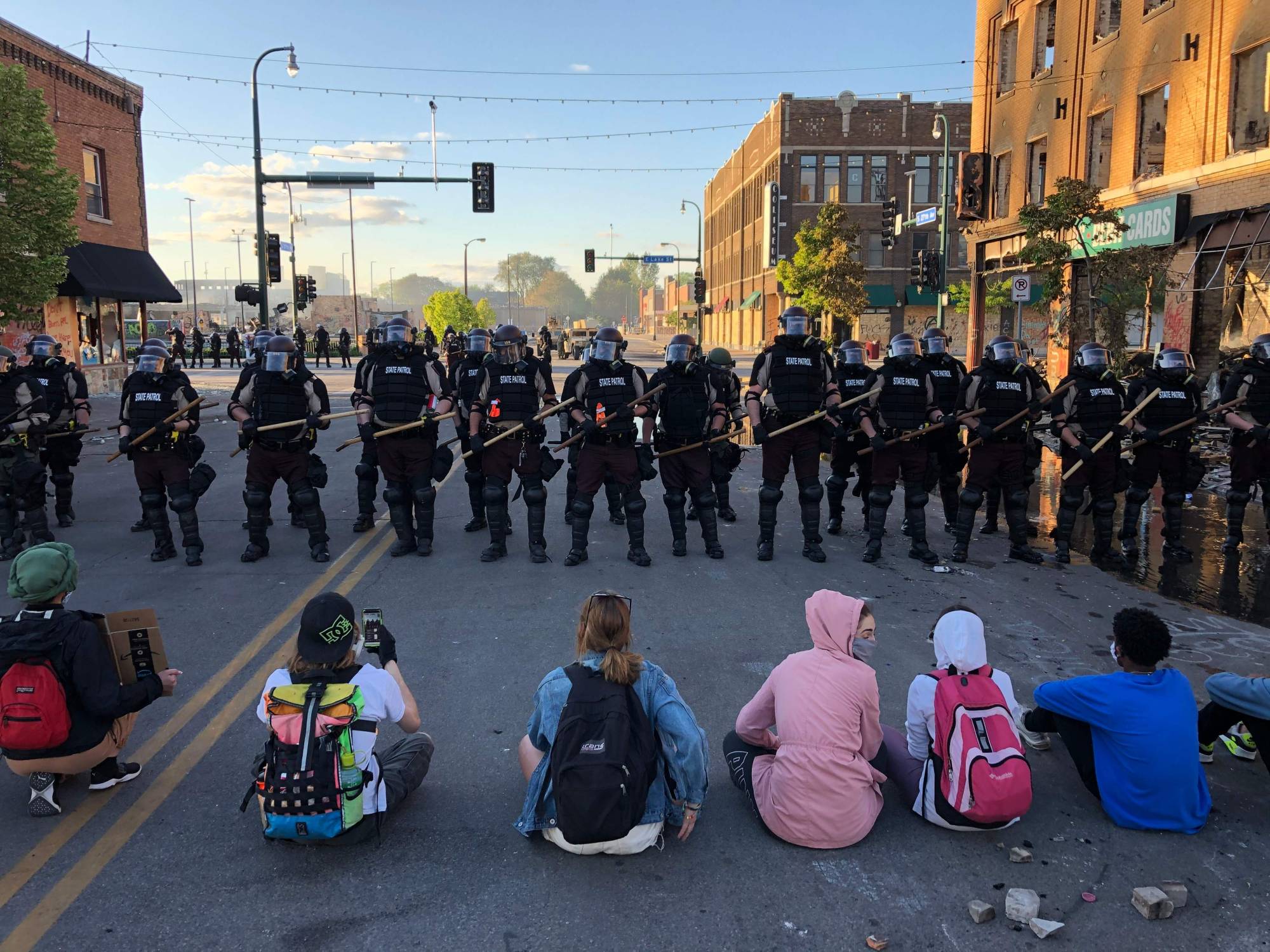The decision of Minneapolis prosecutors to criminally charge a police officer four days after the death of George Floyd shows how efforts to hold officers accountable often hinge on the level of public protest and whether the incident was caught on video.
Even then, it is rare for officers to be charged criminally in such incidents, with the swiftness of the Floyd charges something of an anomaly.
Derek Chauvin, the officer seen on a bystander's cellphone video kneeling on Floyd's neck on Monday before the 46-year-old man died, was charged on Friday with third-degree murder and manslaughter.

















With your current subscription plan you can comment on stories. However, before writing your first comment, please create a display name in the Profile section of your subscriber account page.